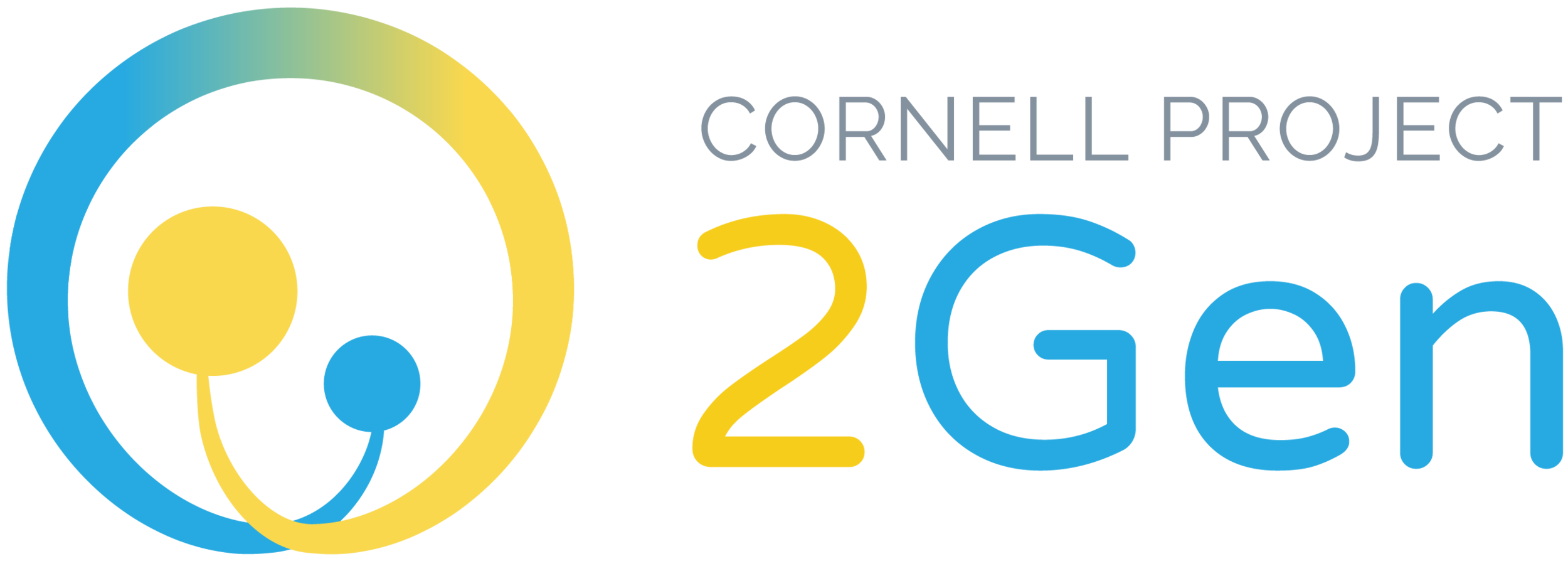The 2Gen team and Cornell Cooperative Extension-Tompkins discuss their research-practice partnership addressing the opioid epidemic.
Read MoreState-level child welfare policies and practices affect what can be referred, investigated, and substantiated as child maltreatment, and these institutional factors vary across states and over time.
Read MoreOur findings show the importance of attending to both housing status and household composition when studying children living in doubled-up households.
Read MoreInitial findings from interviews with parents involved in the Tompkins County Family Treatment Court and Strengthening Families Program.
Read MoreOver the past two years, Project 2Gen has grown, building collaborations locally, statewide, and nationally
Read MoreThis book examines the impact of inequality on children’s health and education, and offers a blueprint for addressing the impact of inequality among children in economic, sociological, and psychological domains.
Read MoreIn this qualitative study, semistructured, face-to-face interviews were conducted with 123 legislators in 2 states, 32 legislators nominated by colleagues as exemplar research users, and 13 key informants.
Read MoreWe discuss applications of our three key decisions and draw implications for researchers interested in building research‐based, family‐focused public policy.
Read MoreThis report presents findings from seven sessions of the Strengthening Families Program conducted from 2014-2018 by Cornell Cooperative Extension-Tompkins County (CCETC) for parents with open child welfare cases participating in Family Treatment Court.
Read MoreGaps in educational outcomes between racial/ethnic and socioeconomic groups persist in the United States, and parental involvement is often cited as an important avenue for improving outcomes among racially/ethnically diverse adolescents.
Read MoreKathryn Edin, H. Luke Shaefer, and Laura Tach propose a radical idea: America’s anti-poverty policy should serve to incorporate, rather than separate, the poor from the rest of society.
Read MoreThe Earned Income Tax Credit (EITC) offers a way to support lower-income families without generating stigma.
Read More











